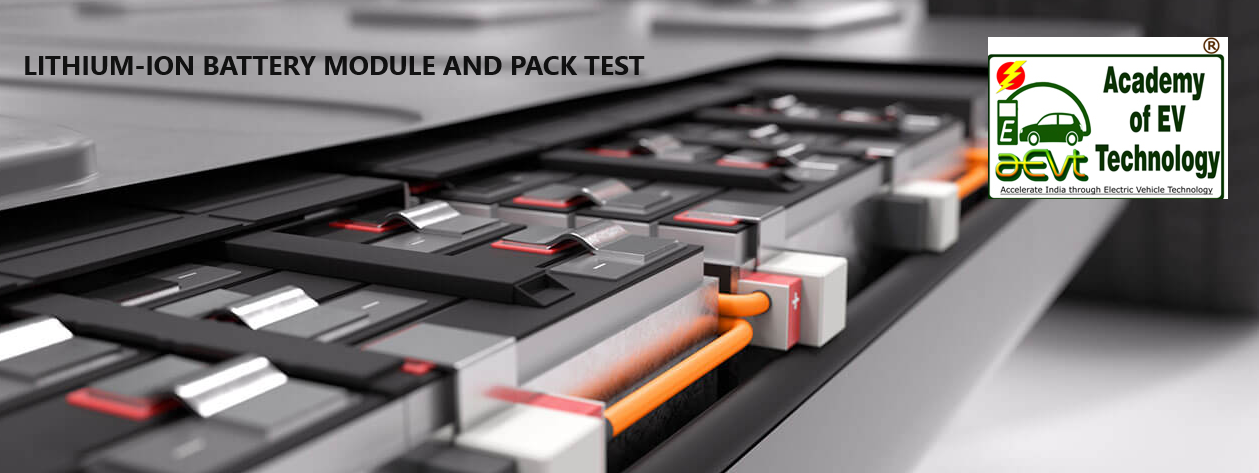Lithium-Ion Battery Module and Pack Test

Lithium-Ion Battery Module and Pack Test
Battery cells, modules, and packs each require unique types of battery testing. Cells are essentially chemical containers, whereas a pack is a complex engineered system.
- Battery Cell Testing — Cell tests focus first and foremost on measuring electrochemical performance in varying conditions. Stress, cycling, and environmental tests will investigate the cells’ overall output and efficiency in addition to the safety of internal chemical reactions. Your aim is to understand the dynamics and viability of the cell’s chemical reactions. Test sequences could include measurements of current, voltage, resistance, stability, and the rates of chemical reactions at different temperatures or in different environments.
- Battery Pack Testing — When testing a battery pack, the focus is less on internal cell dynamics and more so on engineering design of the system as a whole. Your testing regimen may include tests designed to answer engineering questions about durability, performance in specific use cases, application-specific safety, failure risks, and system-level interactions.
- Charge/discharge tests
- Battery cycling tests
- Stress tests
- Environmental tests
- Performance tests
- Competitive benchmark tests
- Product teardowns
- Battery failure analysis
- BMS data validation
Design, sub-system, and system validation
Find the basic properties of the internal chemistry of the battery concept must be validated (with cell testing).
Modules and packs must undergo testing during the manufacturing production stage of product development, where sub-systems will be tested and optimized for the good of the end system.
System Validation: This is the final, pack-level stage of manufacturing production testing, where all components are integrated and the entire battery system must be tested, benchmarked, and checked for regulatory compliance.

Interactive Session

Practical & Doubt Session

E-Library Study Materials

Online Evaluation

